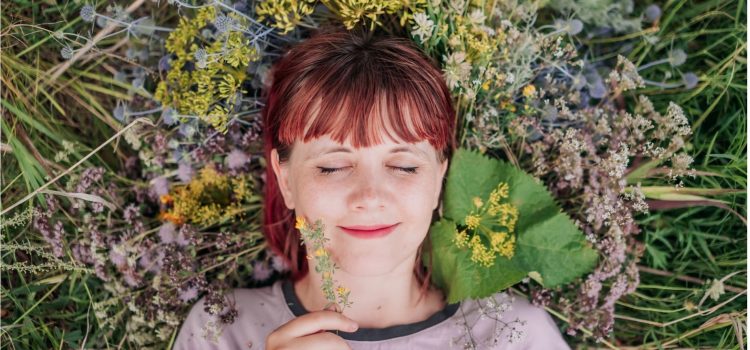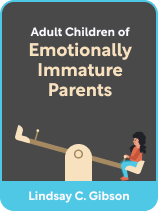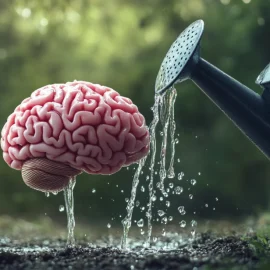

This article is an excerpt from the Shortform book guide to "Adult Children of Emotionally Immature Parents" by Lindsay C. Gibson. Shortform has the world's best summaries and analyses of books you should be reading.
Like this article? Sign up for a free trial here.
Did you have an emotionally neglectful childhood? How does finding your true self heal childhood wounds?
In Adult Children of Emotionally Immature Parents, Lindsey Gibson says the first step toward healing is connecting with your authentic self. This is because emotionally immature parents prevent their children the ability to express a full range of emotions.
Keep reading to learn how to find your true self and connect with your feelings.
Connect With Your Authentic Self and True Feelings
Your authentic self is your truest guide to genuine connections with others, because when you honor who you truly are, you exist in your state of greatest potential—focused on possibility, not problems.
(Shortform note: In The Power of Vulnerability, Brene Brown discusses in greater detail why connecting with your authentic self helps you engage in emotionally healthy relationships: When you share your authentic self with others, knowing you have no control over how they’ll react, you allow yourself to be vulnerable. Vulnerability eliminates defensiveness and promotes empathy and creativity, allowing you to be your fullest self and develop a genuine connection with others.)
Gibson recommends that to learn how to find your true self and reconnect with your true feelings, you need to do two exercises:
Exercise 1: Make a “Real Me” and “Not Real Me” List
- On the “Real Me” list, write down everything you loved to do as a child, and all the things that you love and wish you could do as an adult.
- On the “Not Real Me” list, write down everything you’ve done only to please and make others like you, including things that you dislike, bore you, and don’t make you feel good.
Now compare your lists and see how much time you’re spending doing things you authentically enjoy and feel connected to versus things that aren’t aligned with your true interests and needs.
(Shortform note: You can take Gibson’s suggestions for reconnecting with your authentic self and true feelings a step further by keeping a daily planner and writing down one goal each day that will bring you closer to your true self. For example, a goal could be planning an activity you enjoy, or doing research on places you might like to travel to.)
Exercise 2: Acknowledge Your True Feelings
- Find a private space where nobody can hear you.
- Think of a person in your life who you’re afraid of or don’t like.
- Say, out loud, the things this person does that make you afraid of them or not like them.
The goal of this exercise is to become aware of and acknowledge the validity of your true feelings—not communicate them to the person you’ve named. Admitting how you truly feel is a first step toward healing and feeling greater peace.
(Shortform note: Building on Gibson’s recommendation to reconnect with your true feelings, try tracking a single emotion over the course of a day. For example, make a mental note each time you feel happy or angry, paying attention to whether you feel it a little, a medium amount, or a lot. This will attune you to different emotions and how often you experience each one.)

———End of Preview———
Like what you just read? Read the rest of the world's best book summary and analysis of Lindsay C. Gibson's "Adult Children of Emotionally Immature Parents" at Shortform.
Here's what you'll find in our full Adult Children of Emotionally Immature Parents summary:
- A look at the damage that emotionally neglectful parents can do to their children
- Strategies to help adults turn their relationship with their parent from toxic to tolerable
- Ways to heal and move forward from childhood emotional neglect






